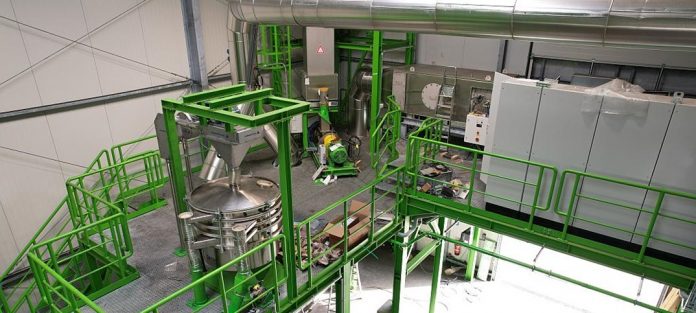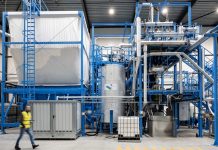Mechanical recycling must take priority and be incentivized
Chemical recycling needs careful consideration and well-informed, market-based policies to ensure that it complements rather than competes with traditional recycling methods, it has been stressed by the Bureau of International Recycling (BIR) in its latest position paper.
Mechanical recycling must remain the preferred method on a large scale whereas chemical recycling should be used only for hard-to-recycle end-of-life plastics, insists the global federation of recycling industries.
“A nascent technology”
This position paper on chemical recycling follows shortly after one on extended producer responsibility, which was published by BIR in November last year. Describing chemical recycling as “a nascent technology”, BIR urges caution in its deployment and calls for the introduction of a harmonized definition of chemical recycling that excludes fuel production.
Chemical recycling processes are extremely energy-intensive and some that are currently available produce more greenhouse gas emissions than primary production using fossil fuels during the production process, the position paper points out. For these and other reasons, chemical recycling should be used only for materials that mechanical recycling cannot efficiently or economically process, it argues.
In addition, chemical recycling should not be allowed to override the need for design for recycling, according to BIR. Policies should focus on eliminating hard-to-recycle plastics and on incentivizing the design of plastics for reuse or mechanical recycling, thus reducing the requirement for new resources, it says. Furthermore, it is added in the position paper, chemical recyclers should refrain from misusing mass balance accounting principles to fulfil recycled content objectives.
“A robust method for calculating the climate impacts of chemical recycling must be developed,” underlines BIR Director General Arnaud Brunet. “This should cover all emissions from the process, as well as overall energy usage and incineration of recovered hazardous waste. Furthermore, incentivizing the lower-carbon option of mechanical recycling would enable it to compete with lower-priced primary plastics and make the process more attractive for investment.”
Also responding to the publication of this latest position paper, BIR President Susie Burrage OBE underlines the importance of conveying the industry’s key messages on issues relating to recycling. “I am delighted that BIR dedicates resources to such important topics. I’m also extremely appreciative of the excellent collaboration with our national associations on this. It is vital that we continue to join forces in this way for the benefit of our members.”
BIR stands ready at all times, she adds, to collaborate with policy-makers and authorities in efforts to boost recycling rates and contribute to greater circularity.
Source: Bureau of International Recycling (BIR)






